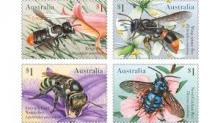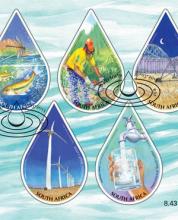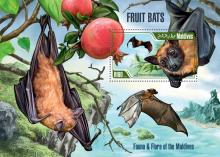Imidacloprid led to a fishery collapse in Japan
In May of 1993, rice farmers living near Lake Shinji, in southwestern Japan, began widely using an insecticide called imidacloprid. Within the same year, populations of arthropods that form the base of the food web, such as crustaceans and zooplankton, began to plummet. By the end of 1994, two commercially important fish that depend on these creatures for food, eel and smelt, crashed as well. And as the use of imidacloprid and other neonicotinoids has grown over the years, the fish have never recovered.










